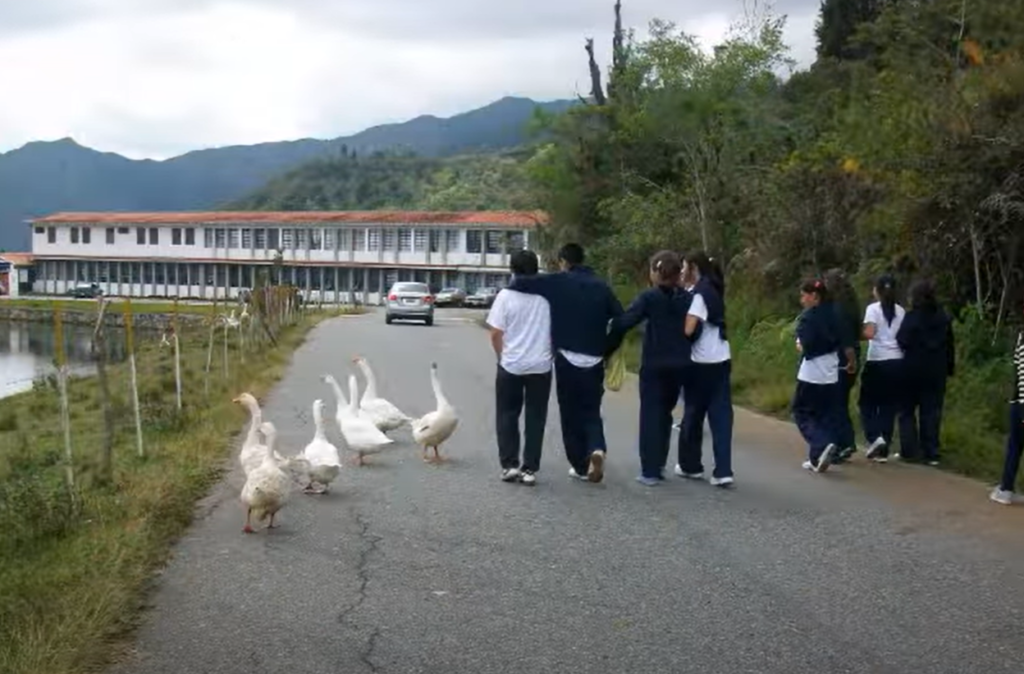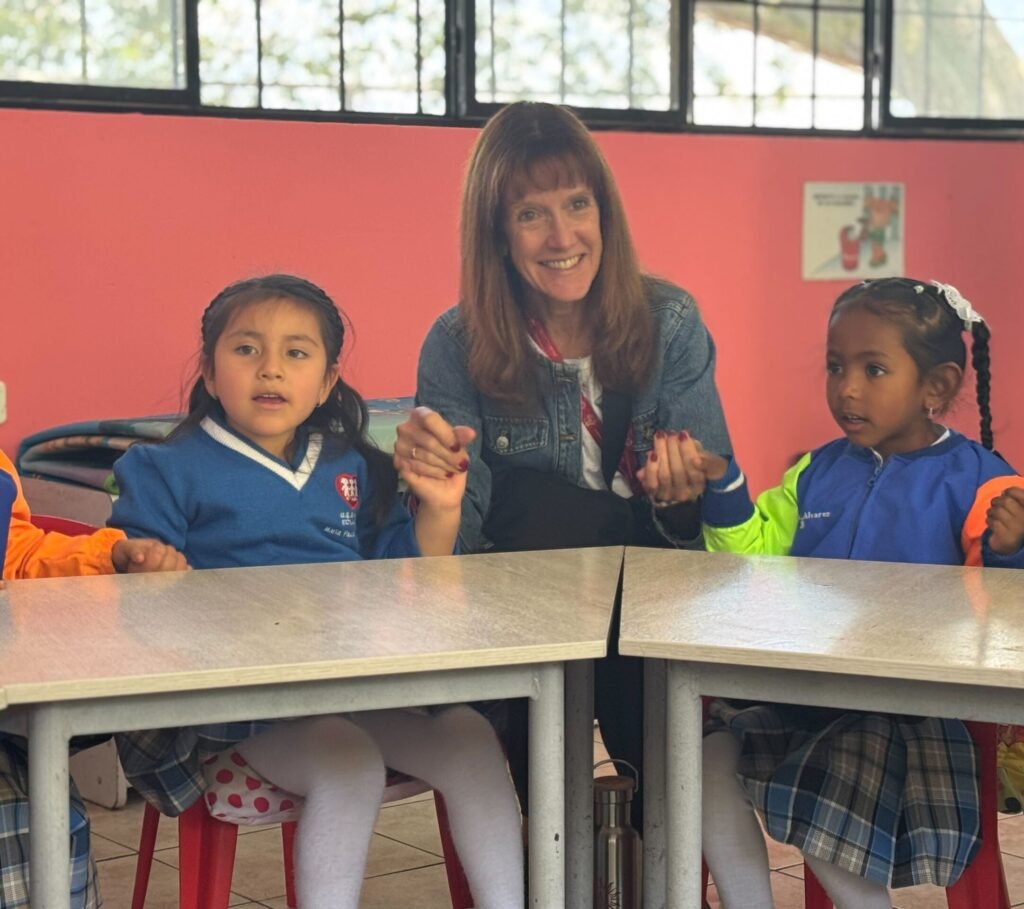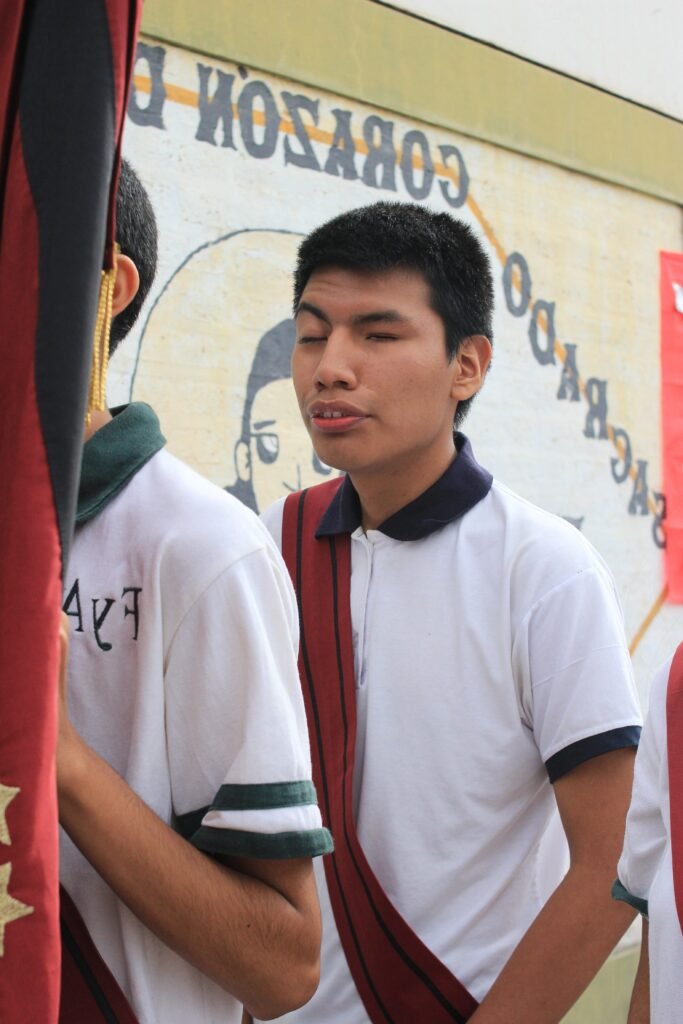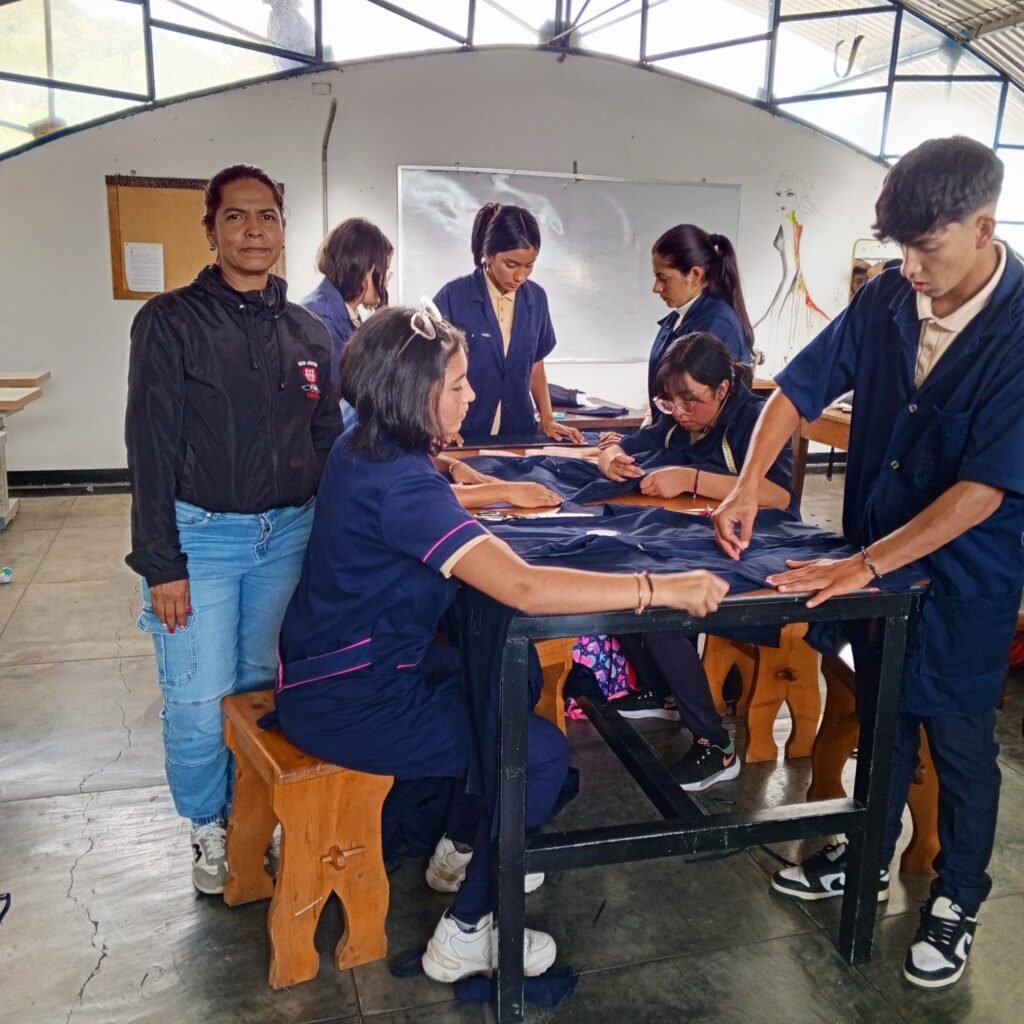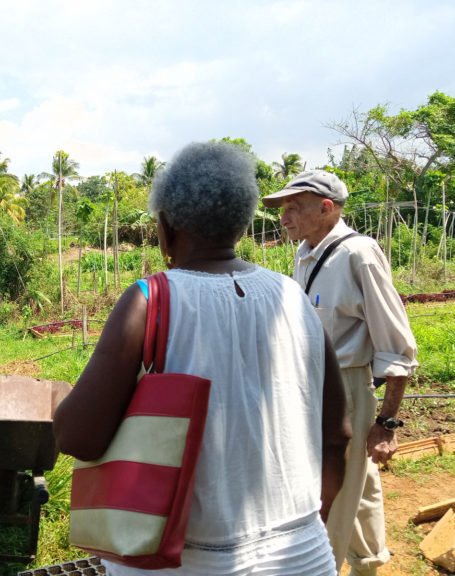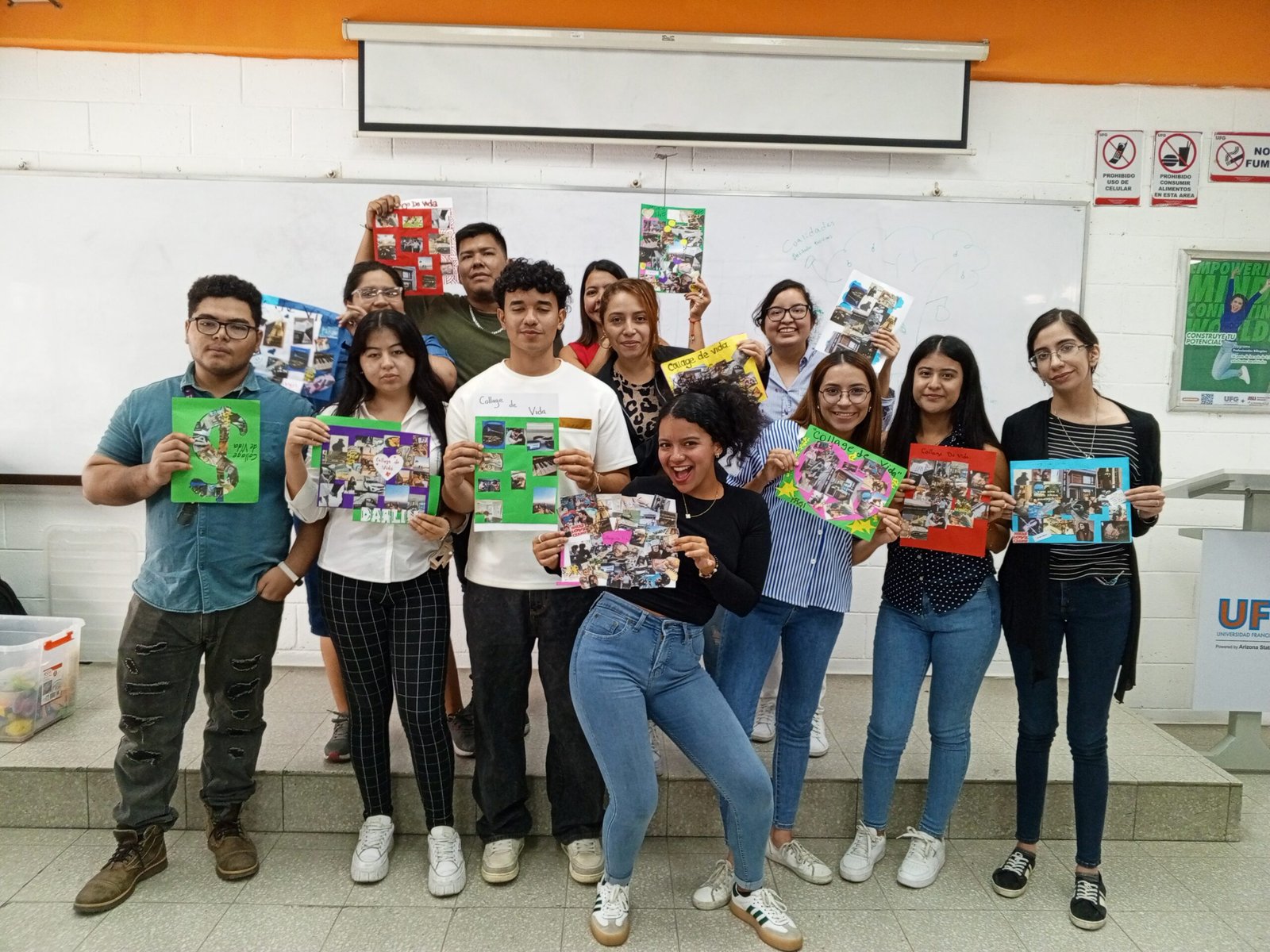Context
San Javier del Valle Grande is an educational complex in the Mérida Valley, Venezuela founded more than 45 years ago. As one of the three Fe y Alegría boarding schools in Venezuela, technical education is provided to young people in the areas of agriculture, metal mechanics, and sewing and tailoring. The school serves 458 students and provides for their lodging, food, and basic care for young people during their general and technical secondary education.
The 458 students who attend San Javier del Valle Grande, who range from 12 to 18 years of age, receive lodging, food, and basic care during their general and technical secondary education. In order to provide such extensive services, the school employs 85 people in capacities such as teaching, administration, and
maintenance.
At the same time, the boarding and vocational training model also provides a variety of benefits for the surrounding community. The production of eggs, milk, and chickens, as well as the sale of some textile products all contribute to the academic community and its neighbors in the Mérida Valley. Finally, the families of students implement the farming skills and knowledge taught at the school in farming communities throughout the region, expanding the impact of schools agricultural sustainability practices.
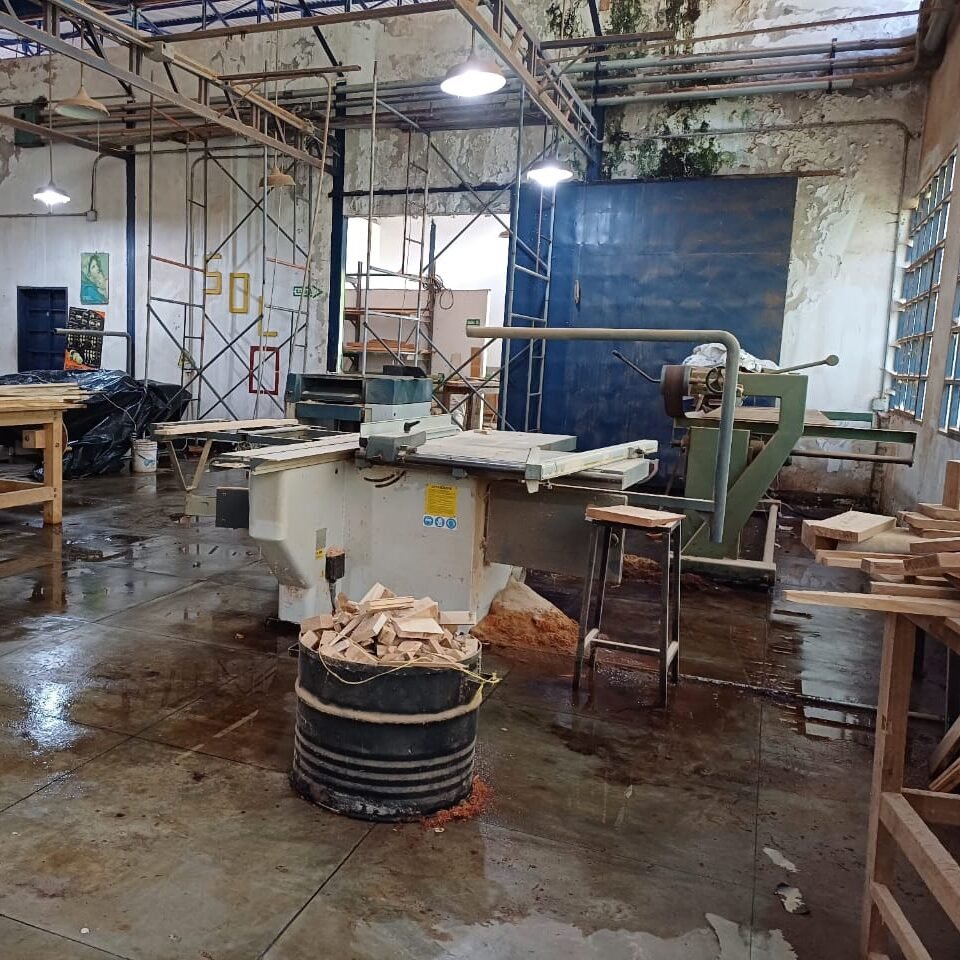
The Challenge of Boarding and Technical Schools
San Javier del Valle represents a common problem in boarding schools and technical schools throughout Fe y Alegría: sustainability. Initially these schools were partially supported by the sale of eggs, milk, meat, and chickens that the agricultural program produced. This second stream of income contributed to the sustainability of the boarding school. However, the effects of the economic, political and social crisis that the country has experienced have upended this model.
As the school has become less sustainable, maintenance of the facilities has become a greater challenge. As with all boarding schools, regular maintenance and improvements are essential to providing a safe and hospitable environment for the students. As the profit margin on agricultural products decreased and inflation has limited the school’s ability to invest in more productive activities, the sustainability of this educational complex has been put at risk.
Our Project
The first phase of our “Push for Sustainability at San Javier del Valle” project facilitated much needed repairs to the student dormitories. Fe y Alegría replaced the roof on the female dormitory and made repairs to other buildings. They were also able to make repairs to vocational workshops including the school’s sewing machines and mechanics equipment. Finally, the agricultural practices and educational resources of the school were expanded and improved.
The maintenance and repair of infrastructure are key for the safety of the students and also to provide a favorable environment for learning. In this phase of the project, we seek to continue the improvements and repairs at the San Javier del Valle complex, improving the student dining hall and workshop areas, particularly the sewing and tailoring rooms.
Over recent years living and working areas have become dangerous and unsuitable for the needs of the students. The bathrooms in the dorms have been ruined by burst pipes and constant leaks. Likewise, the ceilings of the dining room are falling in. In one of the three dining rooms things have gotten so bad that it was closed, causing overcrowding and long lines at mealtimes. Lastly, the roofs of the workshops have leaks and the machinery is exposed to the conditions, impacting their proper operation and maintenance. Finally, the tailoring and sewing workshop are out of date with machinery, tools, and materials restricting the productivity and the education of young people. In order to address these needs, American Jesuits International and Fe y Alegría have developed two lines of action.

- Sewing and Tailoring Educational Project promotes the cutting and sewing workshop through the provision of materials, tools, and updated machinery which will allow students to learn best practices and the most up-to-date techniques in the field.
- Repairing or Replacing Deteriorated Infrastructure Project seeks to improve certain areas that have deteriorated over time ensuring: safe access to drinking water and hygiene, safe spaces in the upper dining room, and improving the production facilities of the workshops that are exposed to humidity that could affect materials and equipment.
This project developed in collaboration with Fe y Alegría Venezuela to increase the sustainability of the San Javier del Valle Grande complex. For this reason, the investment is made in the areas that will allow the school to produce goods or services that, when sold, can provide new sources of income and financing.
